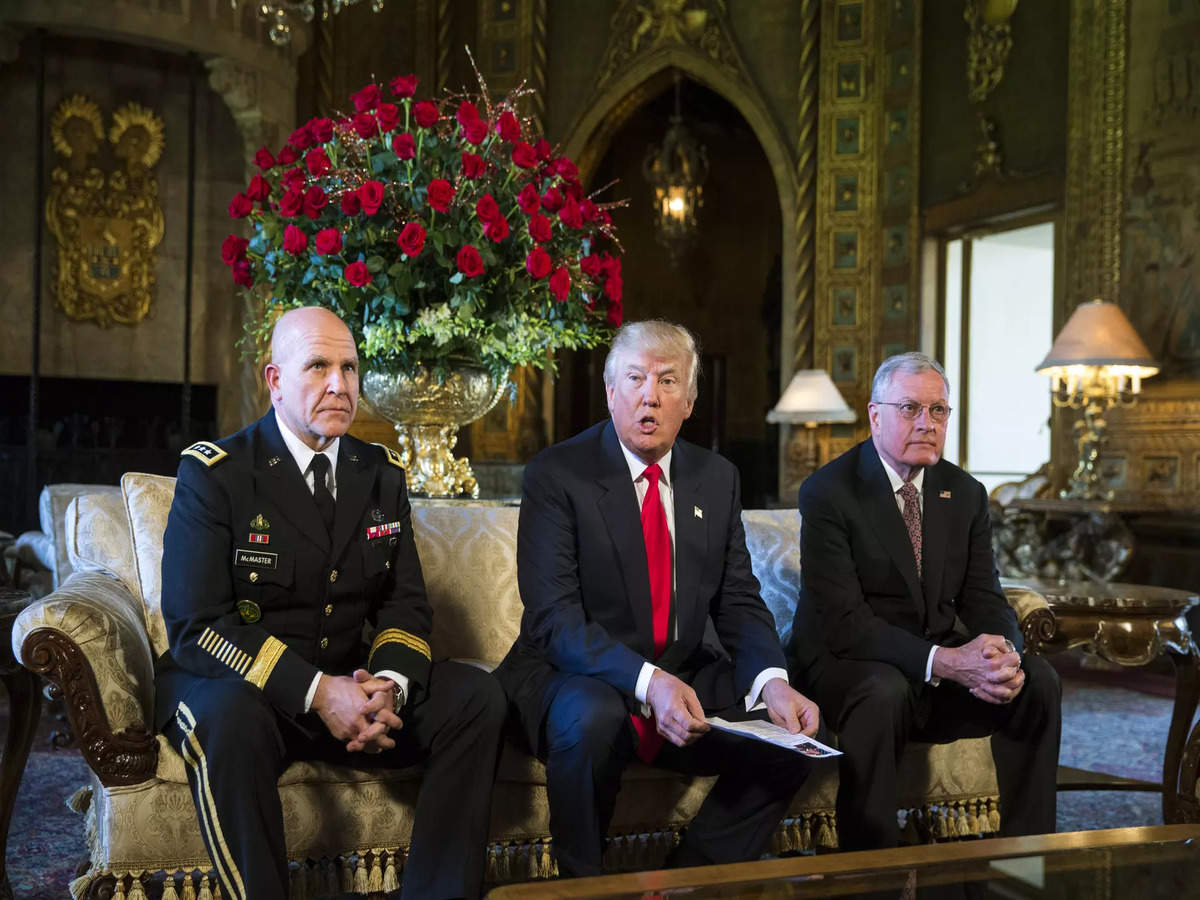Trump Shakes Up Diplomacy: Veteran Keith Kellogg Tapped for Crucial Ukraine Mission
Keith Kellogg, pictured alongside Donald J. Trump in 2017, has been chosen by Mr. Trump to serve as his special envoy to Ukraine and Russia.
Donald J. Trump, recently elected as President of the United States, announced on Wednesday that Keith Kellogg, a retired lieutenant general, would serve as his envoy to Russia and Ukraine. Kellogg, who was a national security adviser to Vice President Mike Pence during Trump’s first term, will take on a role that could be pivotal to Trump’s ambitions of negotiating an end to the ongoing war in Ukraine, which began nearly three years ago with Russia’s full-scale invasion.

Though Trump has not shared specific details about the peace plan he envisions, Ukrainian officials are concerned that his approach might involve reducing U.S. aid to Ukraine and pursuing a settlement that could favor Russia. These fears stem from Trump’s historical inclination to prioritize U.S. interests over multilateral support, as well as his often-controversial rhetoric regarding NATO and Russia.
Kellogg co-authored a strategic paper in April with Fred Fleitz for the America First Policy Institute, outlining a potential U.S. approach to the conflict. The paper proposed that the United States focus on securing a cease-fire and a negotiated resolution. It recommended continuing to supply Ukraine with arms and bolstering its defenses to deter future Russian aggression. However, it also suggested that further military aid should be contingent upon Ukraine’s willingness to engage in peace talks with Russia.
The document argued that Russian President Vladimir Putin could be encouraged to negotiate if the United States and NATO offered to delay Ukraine’s bid for NATO membership in exchange for a comprehensive peace agreement with enforceable security guarantees. While the Biden administration has rejected the idea of a cease-fire, viewing it as advantageous to Russia, the proposal indicates a different direction Kellogg might support under Trump’s leadership.
It remains unclear whether this strategy paper reflects Trump’s own views, as the document noted that Trump has a plan to end the war that he has not yet disclosed in full.
Kellogg is considered a relatively mainstream figure in Trump’s circle but has been a staunch loyalist to the former president. A veteran of the Vietnam War and a key administrator in Iraq following the 2003 U.S. invasion, Kellogg has also been an advisor to Trump since his 2016 campaign and has consistently defended him against criticism.
In a statement accompanying the announcement, Trump expressed his confidence in Kellogg, calling him a dedicated ally who had been with him “right from the beginning.” Trump also emphasized that Kellogg shares his vision of achieving “peace through strength.”
Earlier this year, Kellogg publicly defended Trump following controversial remarks the then-candidate made regarding NATO. Trump suggested he would allow Russia to act without U.S. intervention against NATO member states that fail to meet the alliance’s defense spending targets. The comment sparked widespread backlash across Europe and within the Biden administration, but Kellogg dismissed the criticism, arguing that Trump’s intent was to hold NATO members accountable for their military obligations. He maintained that Trump’s statement was not an endorsement of Russian aggression but a call for stronger allied defenses.
Trump’s appointment of Kellogg signals a continuation of his often unconventional approach to foreign policy, blending nationalist rhetoric with an unpredictable mix of traditional and non-traditional strategies. The impact of this decision on the future of the war in Ukraine, however, remains to be seen.


Comments are closed, but trackbacks and pingbacks are open.